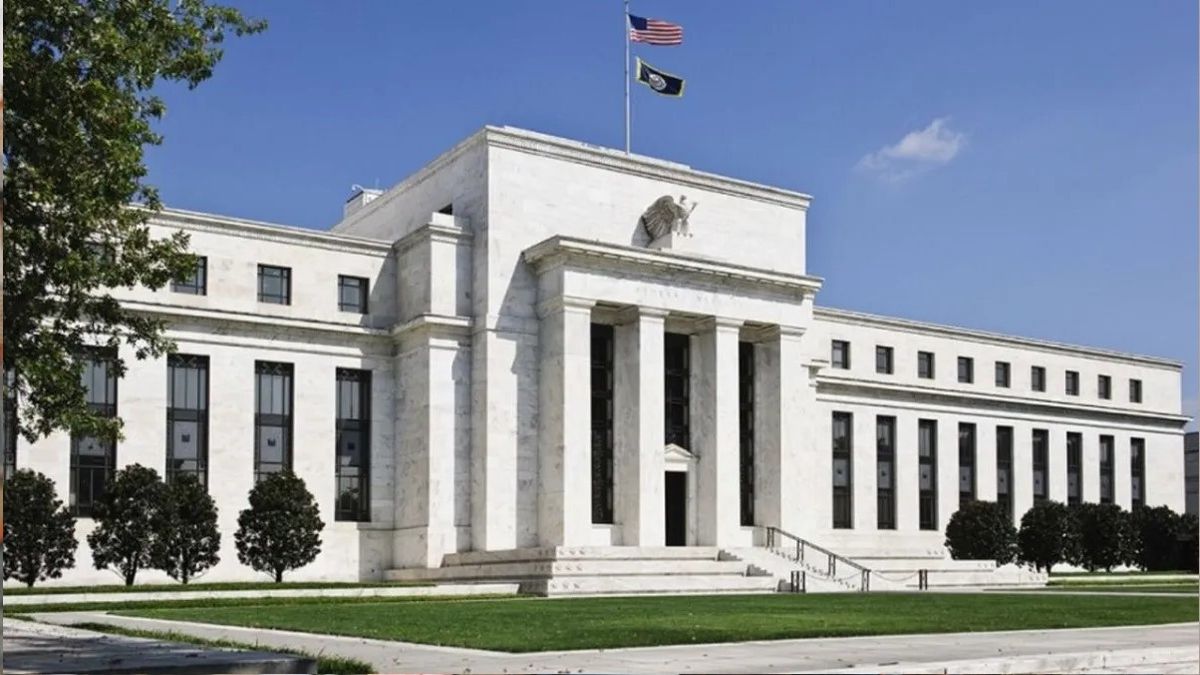The debate on the politicization of the Federal Reserve (Fed) It focuses mainly on its independence to set interest rates. But another tool of the Central Bank, perhaps even more important for global financial stability, is again in the spotlight: Swap dollars lines.
These are the liquidity routes in dollars that the Fed opens towards the central banks in times of crisis, such as in 2008 and 2020, to prevent the global financial system, based on the dollar, to paralyze. Ultimately, when the world needs scarce dollars, the Fed assumes its role as a lender of last instance and provides them.
LFed maintains current swap lines with five important central banks: he European Central Bankhe Bank of Japanhe Bank of Englandhe Swiss National Bank and the Canada Bank. Since then, he withdrew the temporary lines open during the 2008 and 2020 crises with central banks from nine other countries, including Brazil, Australia and Mexico.
The use of this instrument seemed quite indisputable. It is a crucial tool to prevent severe hardening of financial conditions, a disorderly appreciation of the dollar and a generalized market turbulence in times of global tensionBut, as has happened with many aspects of the economic status quo since the president’s return Donald Trump to the White Housethis can no longer be taken for granted. It could be used more and more as a political tool, both financial and economic.
A high -level political issue
Will a Fed influenced by Trump automatically lend dollars to foreign central banks in a crisis? It could lend some without hesitation, but not all. Current events between USA, South Korea and Argentina They shed light on politics at stake.
Seoul reached a preliminary commercial agreement with Washington in Julybut it has not yet signed it due to the exchange implications of an investment package of US $ 350,000 million included in the agreement.
Trump and Milei
Donald Trump’s government comes out, again, in support of Javier Milei
“In my opinion, currency swap is a high -level political issue,”declared Tuesday Hwang Kun-ilMember of the Board of Directors of the Bank of Korea. A day before, the president Lee Jae Myung He declared Reuters that the economy could fall into a crisis similar to that of 1997 if he accepts Washington’s demands without safeguards, such as a currency swap.
Meanwhile, the secretary of the US Treasury, Scott Besentsaid Monday that “all options”, including a currency swap line, are on the table to stabilize Argentine markets, which again suffer a serious crisis of trust. Besent emphasized that Washington’s support to the right -wing president Javier MileiTrump’s greatest ally in Latin Americait will be “broad and forceful.”
Of course, a SWAP line from dollars could be offered to South Korea, the sixth largest trading partner of US goods last year, which had a surplus of 66 billion dollars. The treasure can also operate its own swap lines within the framework of its exchange stabilization fund. But the administration approach to both countries is clearly different.
This is not an exclusive problem of emerging markets. The Bank of England and the European Central Bank have asked the lenders to evaluate their need for dollars in times of tension and to weigh their options if they cannot resort to the support of the Fed.
Political alignment at stake
As the analysts of Bank of America In a report last month, only the Federal Open Market Committee (FOMC) or the Congress They can modify the currency swaps, managed by the Fed from New York With its authorization. “The Executive Power has no direct authority to make changes,” they wrote.
But the pressure on the Fed by the administration, often of Trump himself, is intensifying and adopting various forms. The White House has not only demanded that interest rates be drastically cut, but is also trying to say goodbye to the governor of the Fed, Lisa Cookand made the current White House advisor, Stephen lookjoin the Fed Board.
While the president has no direct authority on the SWAPS lines of Fed dollars, it is another area in which the administration could exercise its influence “through moral persuasion, as well as by appointing the Fed Board of Directors”, as the analysts of the Deutsche Bank In a report in March.
Maybe it was always like that. John Michael Cassettaauthor of the working document “The geopolitics of the SWAP lines”, published in 2022 by the Kennedy Business School, postulated that, although it was never explicitly said, The policy influenced the choice of the Fed of who obtained swap lines in 2008 and 2020.
“Empirical evidence suggests that, controlling other potential factors, The political alignment with the US played a role in determining the probability that a country would receive a SWAP line and its location in the hierarchy“Cassetta argued. There is also evidence that suggests that the political pressure on Fed has increased significantly since then.
By Jamie McGeever for Reuters
Source: Ambito




